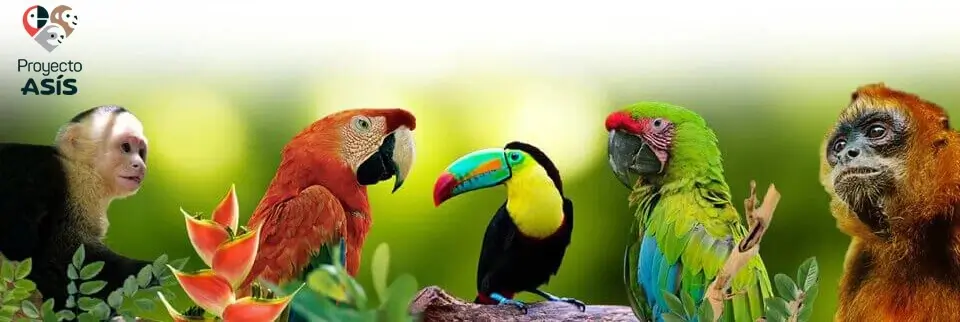In early January, several couples of boat-billed herons started to make nests.These herons usually start making nests in February. This 2019 is an exception or some say this comes with the climate change as other trees also started to bloom before their time.
They nest where the branches of the trees come together and are suspended over calm waters.
Both parents incubate the eggs and feed and care for the babies, that’s a wonderful teamwork. Female lays from 2 to 4 eggs that incubate during about 23 to 28 days the female and the male.
They are nocturnal, although during the breeding season it is easy to see them in constant activity during the whole day aswell.
They usually hunt during the night in shallow waters: amphibians, fish, insects and small mammals.
In our rescue center we have the opportunity to care for animals in need, but also to see Costa Rican wildlife up-close as they made us their home.
__________________________
A principios de enero, varias parejas de chocuacos empezaron a hacer nidos.
Estas garzas suelen comenzar a hacer nidos en febrero. Este 2019 parece la excepción; o algunos dicen que esto se da por el cambio climático ya que incluso árboles también comenzaron a florecer antes de tiempo.
Anidan donde las ramas de los árboles se unen y se suspenden sobre aguas tranquilas.
Ambos padres incuban los huevos, alimentan y cuidan a los bebés, eso es un maravilloso trabajo en equipo. La hembra pone de 2 a 4 huevos que incuban durante aproximadamente 23 a 28 días entre ambos.
Son nocturnos, aunque durante la época de reproducción es fácil verlos en constante actividad durante todo el día.
Por lo general, cazan durante la noche en aguas poco profundas: anfibios, peces, insectos y pequeños mamíferos.


